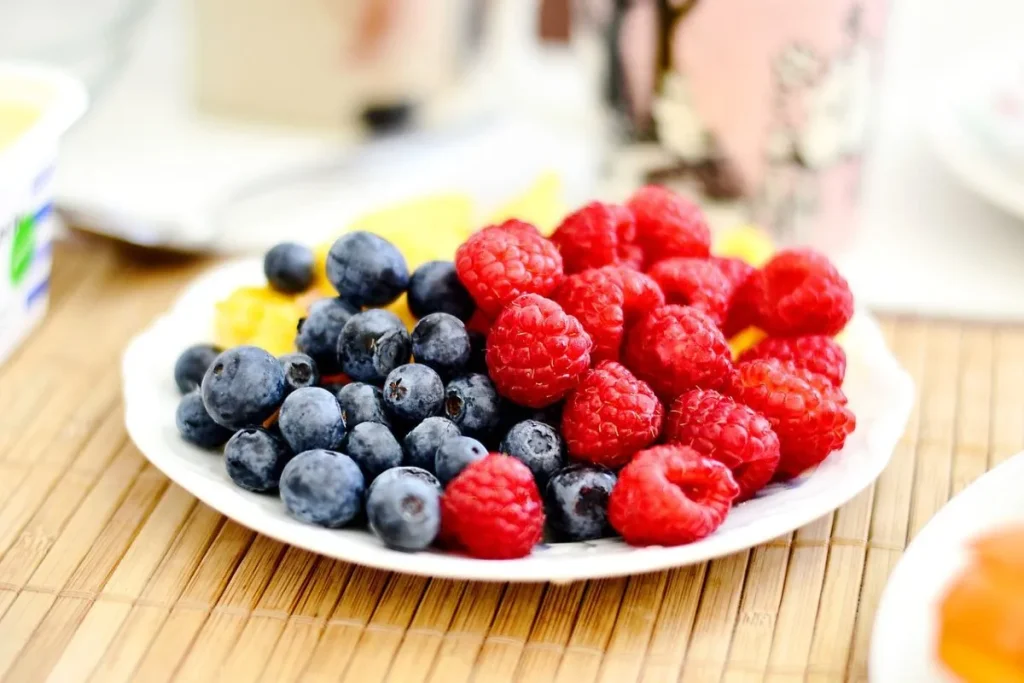In an age where convenience often overshadows health, choosing the right snacks can be a challenge. Yet, with the right knowledge and a bit of planning, it’s entirely possible to enjoy snacks that are both delicious and nutritious. This guide delves into the world of healthy snacks, offering insights on their benefits, popular options, and tips for making smarter snacking choices.
The Importance of Healthy Snacking
Snacking is a common practice for many people, and when done right, it can significantly contribute to overall health. Healthy snacks can help manage hunger, maintain energy levels, and provide essential nutrients that may be missing from main meals. Unlike unhealthy snacks that are often high in sugar, salt, and unhealthy fats, nutritious options offer vitamins, minerals, and fiber, contributing to better health outcomes.
Nutritional Benefits of Healthy Snacks

- Sustained Energy: Healthy snacks provide a steady release of energy throughout the day. Foods high in protein, complex carbohydrates, and healthy fats help maintain stable blood sugar levels, preventing energy crashes.
- Enhanced Focus and Productivity: Consuming nutrient-dense snacks can improve concentration and cognitive function. Snacks rich in omega-3 fatty acids, antioxidants, and vitamins support brain health and mental clarity.
- Weight Management: Eating healthy snacks can aid in weight management by preventing overeating at main meals. Nutritious snacks help keep hunger at bay, reducing the likelihood of unhealthy binge eating.
- Improved Digestion: Snacks that are high in fiber, such as fruits, vegetables, and whole grains, support digestive health. Fiber helps regulate bowel movements and prevents constipation.
Popular Healthy Snacks
1. Fresh Fruits and Vegetables
- Apples and Peanut Butter: Apples are high in fiber and vitamin C, while peanut butter adds protein and healthy fats. This combination makes for a satisfying and nutritious snack.
- Carrot Sticks with Hummus: Carrots are rich in beta-carotene and fiber. Pairing them with hummus provides protein and healthy fats, enhancing the snack’s nutritional value.
2. Nuts and Seeds
- Almonds: Almonds are a great source of protein, fiber, and healthy fats. They also contain vitamin E and magnesium, which are essential for various bodily functions.
- Chia Seeds: Chia seeds are packed with omega-3 fatty acids, fiber, and protein. They can be added to yogurt or smoothies for an extra nutrient boost.
3. Whole Grains
- Oatmeal: Oatmeal is a whole grain that offers fiber, protein, and essential minerals. It can be enjoyed as a snack with fresh fruit or nuts.
- Whole Grain Crackers: Opt for whole grain crackers that are high in fiber and low in added sugars. They can be paired with cheese or a healthy spread for added protein.
4. Dairy and Dairy Alternatives
- Greek Yogurt: Greek yogurt is rich in protein and probiotics, which are beneficial for digestive health. Choose plain varieties to avoid added sugars.
- Cottage Cheese: Cottage cheese is a high-protein snack that also provides calcium and vitamin B12. It can be enjoyed on its own or with fruit.
5. Protein-Rich Snacks
- Hard-Boiled Eggs: Hard-boiled eggs are a convenient and protein-rich snack. They also provide essential nutrients like vitamin D and choline.
- Edamame: Edamame (young soybeans) are high in protein and fiber. They can be enjoyed as a snack with a sprinkle of sea salt or a light seasoning.
Tips for Choosing Healthy Snacks
- Read Labels Carefully: When buying packaged snacks, check the nutrition label for added sugars, unhealthy fats, and high sodium content. Aim for snacks with minimal ingredients and whole food components.
- Portion Control: Even healthy snacks can contribute to weight gain if consumed in excess. Be mindful of portion sizes and try to snack in moderation.
- Plan Ahead: Prepare snacks in advance to avoid reaching for unhealthy options when hunger strikes. Pre-pack portions of fruits, nuts, or vegetables to have on hand.
- Balance Your Snacks: Combine different food groups to create balanced snacks. For example, pair a protein source with a fruit or vegetable for a satisfying and nutritious option.
- Stay Hydrated: Sometimes, thirst can be mistaken for hunger. Drink plenty of water throughout the day to stay hydrated and help control appetite.
Conclusion
Healthy snacking is an integral part of maintaining a balanced diet and promoting overall well-being. By choosing nutrient-dense options and being mindful of portion sizes, you can enjoy a variety of snacks that support your health goals. Whether you prefer fresh fruits, nuts, whole grains, or dairy alternatives, there are plenty of delicious and nutritious choices available. Embrace the habit of smart snacking and make it a part of your daily routine for a healthier lifestyle.
Get more info: https://www.timelinetale.com/